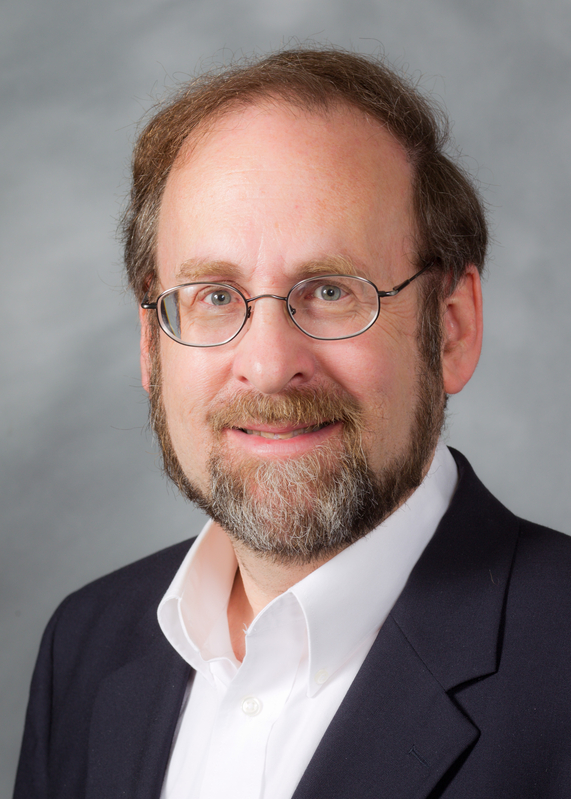A change of seasons at Secrest
Scott W. Klein, professor and chair of the English department, was recently named artistic director of the Secrest Artists Series, a signature performing arts series at Wake Forest University. For 15 years, Klein has been deeply involved with the Secrest Series, serving on the Secrest advisory committee, offering introductory lectures, and providing advice to the former director.
Klein opens up about his favorite hobby and how it turned into a professional endeavor.
Q: Is it unusual for an English professor to provide artistic direction for a series in the performing arts?

Klein, Artistic Director of the Secrest Artists Series
Artistic direction by a non-performing arts faculty member is unusual, but music has always been an all-consuming avocation of mine. Growing up, I was classically trained in piano. When it came time for college, I had to ask myself if I wanted to pursue literature or music as a pianist; I opted professionally for reading and interpreting books instead of scores.
At home, it’s hard not to notice that I have thousands of CDs and DVDs. And for the past 30 years, I’ve read each Fanfare, an American publication for record collectors, and Gramophone, a British publication on classical music, cover-to-cover. So now I’m delighted to be considered a professional in this new role.
Q: How early do you have to book performances?
Typically, classical artists have the longest lead-time for booking — requiring at least a year’s notice, but in some cases two. Jazz and popular music require less notice. The trick is to juggle which artists are available and the dates that they can appear. It’s like a multi-level matrix. It can be challenging to coordinate dates when artists are available with the other potential performances slated for a season.
Q: Have you started planning next year’s season?
Planning for next season is well underway. I’ve even started looking three to four years out. Although the selection process can be a challenge, the planning phase is easier now thanks to technology. One can typically find a given artist’s management information online. This is most helpful because I can call and request examples of typical asking fees. Often the agency works with other artists we’ve considered, so we can review several performance schedules at a time.
Q: Are there any changes that we are going to notice this season?
The structure of this year is similar to past seasons with classical, world music and jazz, but I hope to continue to add more diversity. For example, the Carolina Chocolate Drops, the first performance this year, will be the Series’ first folk, blues and roots music performance.
We continue to try to appeal to a wide demographic, so we’ve advertised the Series locally and we’re using social media. We want to appeal to the college – student, faculty and staff – but also the community.
Q: Do members of the Wake Forest community need to request tickets?
We have a new policy this season: students, faculty and staff will only need to show their Wake Forest University ID to be admitted to any of the performances. One guest is admitted free along with the faculty or staff member. With this policy change, students can decide last minute that they want to come, and little pre-planning is required.
Q: What is your ultimate goal for the Secrest Artists Series?
The Secrest Series is one of the most important programs through which Wake Forest shows its commitment to the arts and to the community. My rule of thumb is that I want the best in the world for the Series. Whatever genre the performance is, it should be one of the finest available anywhere.
Categories: Arts & Culture, Happening at Wake, Research & Discovery
Media Contact
Wake Forest News
media@wfu.edu
336.758.5237



